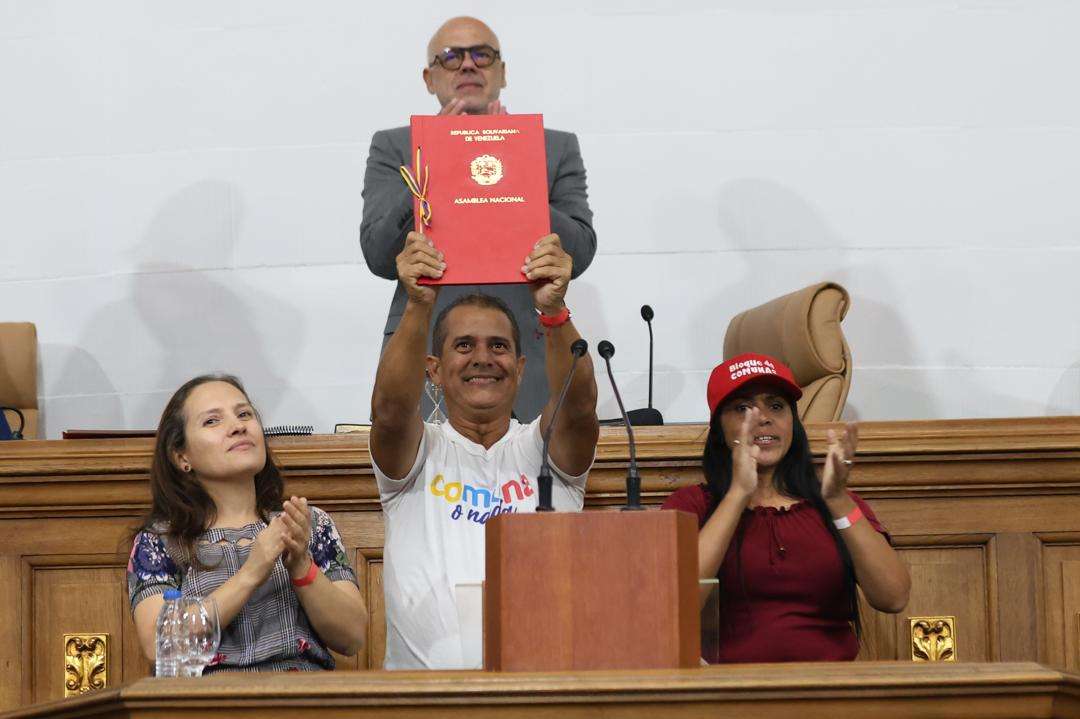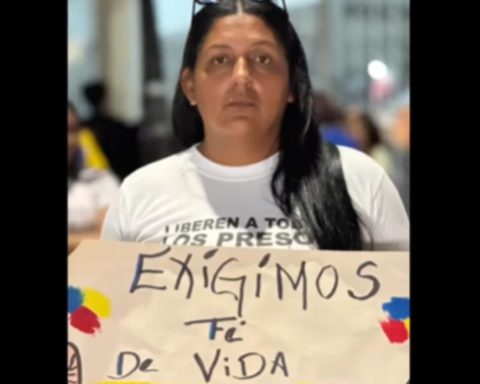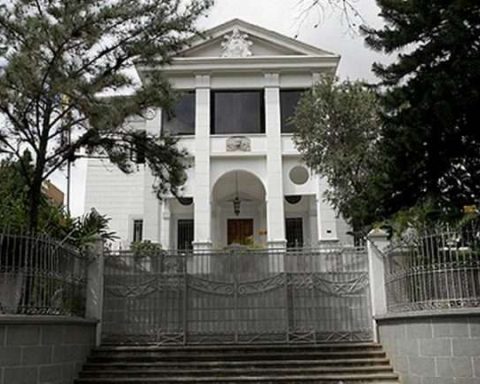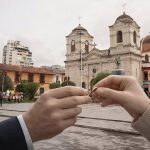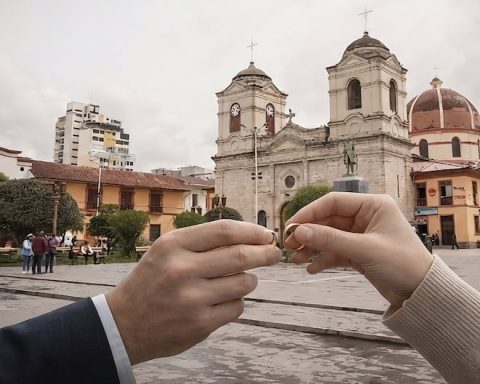The National Assembly (AN) approved this Thursday by a qualified majority the Organic Law of the Communes, in order to adapt it to the participatory and leading reality of the people organized in the country’s communes.
During the debate, article by article, the plenary approved 25 modifications, incorporations and deletions of some headings, sections and articles of the legal instrument, contemplated in the report presented by the Permanent Commission for the Development of the Communes for discussion article by article.
Among the new articles approved by the plenary session is number 56 corresponding to the formation and functions of the Communal Electoral Commission, which “is the governing body of the Commune in charge of organizing, convening and coordinating the electoral processes of the commune without prejudice to the powers of the Electoral Power.”
Likewise, it will be made up of the spokespersons for each of the electoral commissions of the communal councils that comprise it.
The Organic Law of the Communes “aims to develop and strengthen Popular Power, establishing the rules that regulate the constitution, formation, organization and operation of the Commune, as a local entity where citizens in the exercise of Popular Power exercise the full right of sovereignty and develop leading participation through forms of self-government for the construction of the communal state, within the framework of the democratic and social State of law and justice.”
The president of the AN, deputy Jorge Rodríguez, delivered the Organic Law of the Communes to the representatives of the General Manuel Cedeño Communes; San Juan de Caraballeda and Victoria Socialista; Gregoria Jiménez, Juan Manuel Alas and Lenny Quintero, respectively.
The discussion was attended by representatives of the General Manuel Cedeño Commune, in the state of Carabobo; San Juan de Caraballeda, in La Guaira; Socialist Victory; Reborn of Bolívar; Guaicamacuto Bicentennial New Day; Raúl García; El Valle, Simón Bolívar Socialist Commune; Antonio José de Sucre; Altos de Lídice and Samán de Güere among others.
